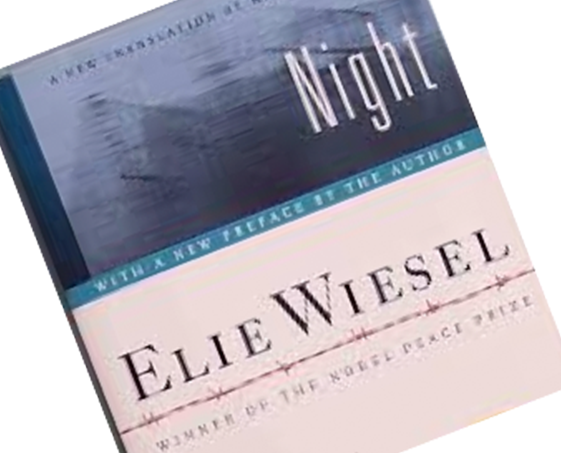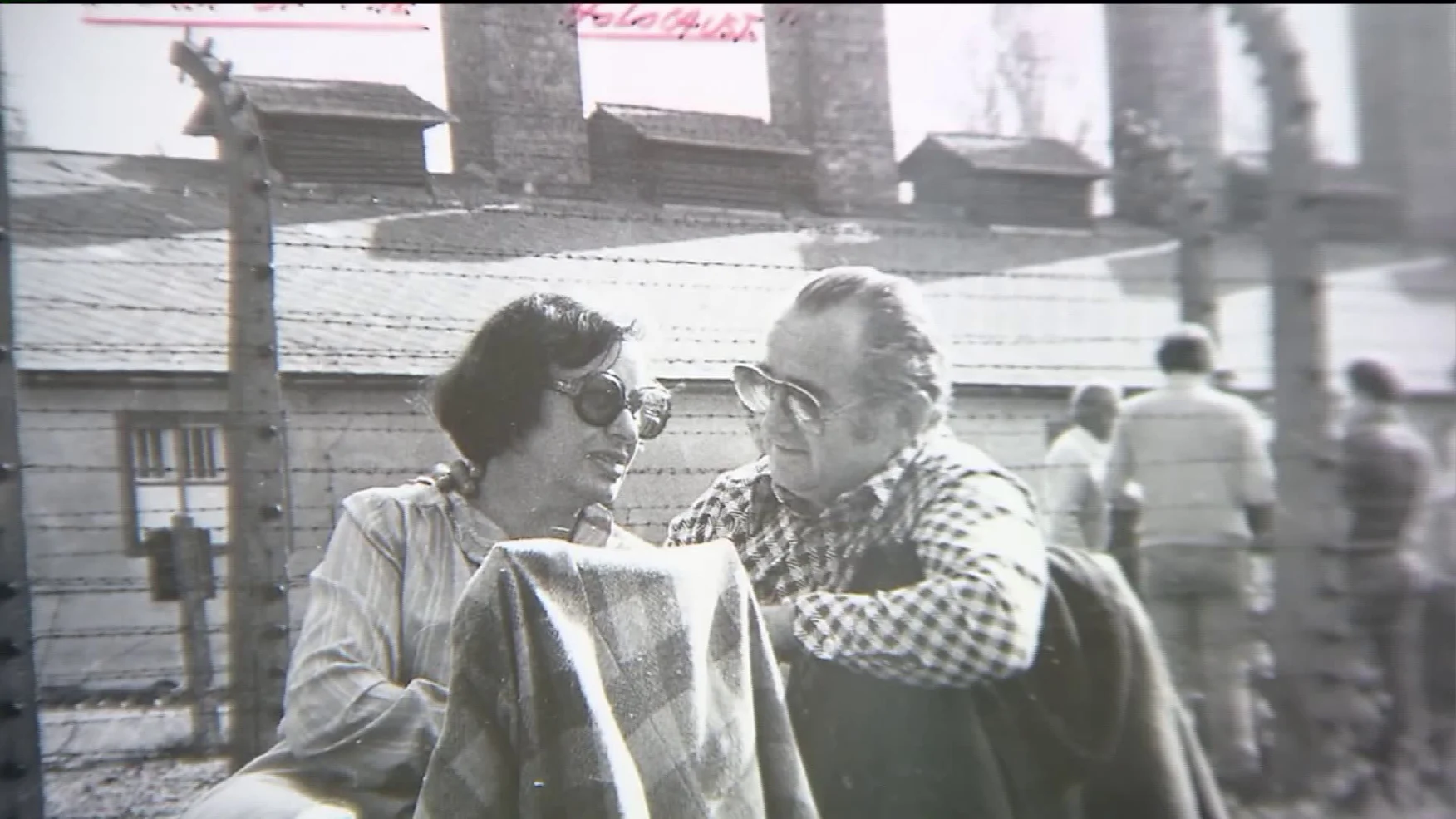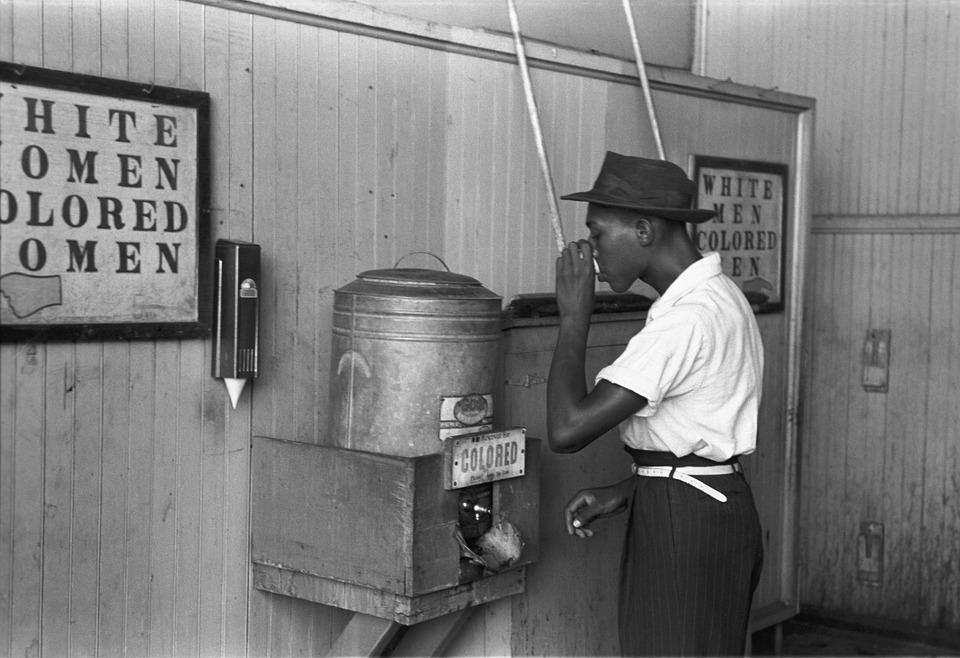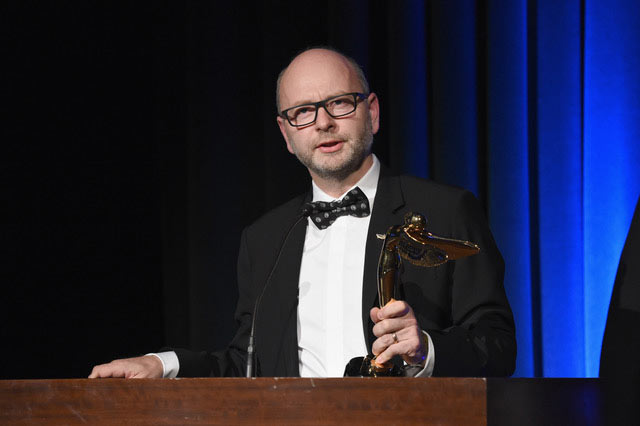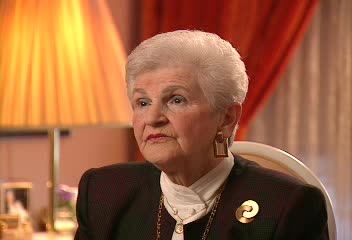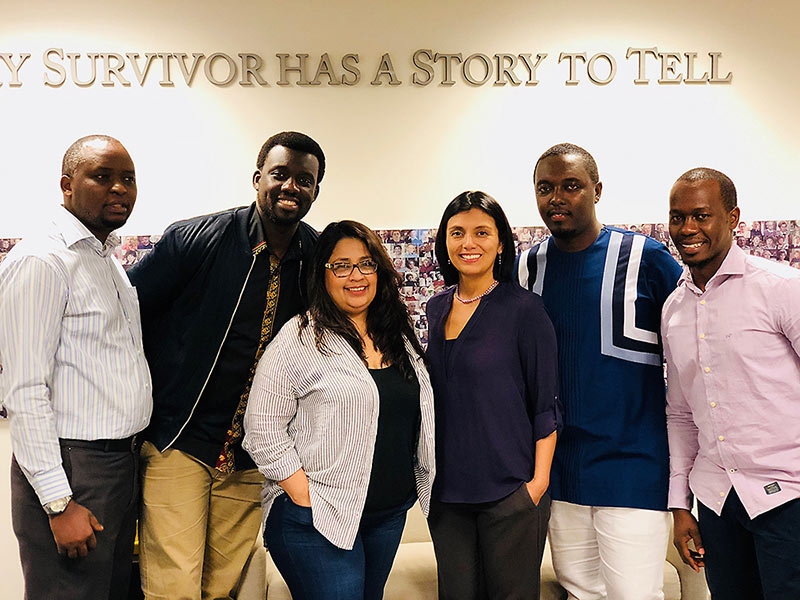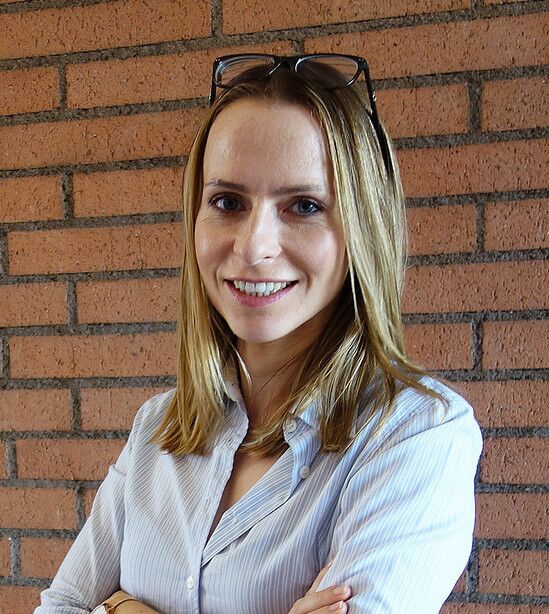At the exact moment a former student was destroying lives at Stoneman Douglas High School, a group of students inside a classroom was studying ways to make the world a better place.
These were students in a Holocaust history class, where they were exploring the 1936 Olympics in an IWitness learning activity to teach them about compassion and respect, and about the perils of living a life filled with hate and violence.
USC Shoah Foundation is deeply saddened by the passing of Hannah Kent, who survived three concentration camps and a death march, but went on to live a full life filled with love, family and resolve. She was 88.
Born Hanka Szarkman on Oct. 9, 1929, in Lodz, Poland, Hannah Kent was the wife of Roman Kent, a Life Member of USC Shoah Foundation’s Board of Councilors and a leader in the Holocaust survivor movement.
Hannah and Roman Kent met in New York after World War II and married in 1957. They had two children, Jeffrey and Susan.
We are sorry to hear about the recent passing of Jewish Holocaust survivor Margot Schlesinger. The Chicago resident was 99.
Schlesinger gave her testimony to USC Shoah Foundation in 1995.
Born Maria Miriam Wind, on July 24, 1918, she was raised in Berlin. In her interview, she talks about life before the war, and living in a ghetto, before being sent to the Plaszow concentration camp, where she was put to work in Oskar Schindler’s nearby factory. She was among a group of women who were accidentally sent to the Auschwitz death camp.
Even absent this current era of “alternative facts” and “fake news,” the new Polish law making it a crime to point out Poland’s complicity in the Holocaust would be alarming.
But that it is occurring in today’s climate of demagoguery, heightened nationalism and ethnic tension – an unholy trio that threatens to metastasize on a global scale – is a troubling development.
Poland’s effort has come under attack by Israel and stewards of Holocaust memory.
